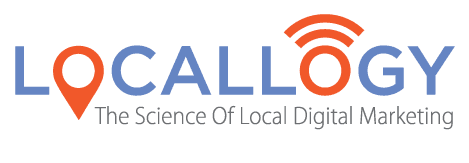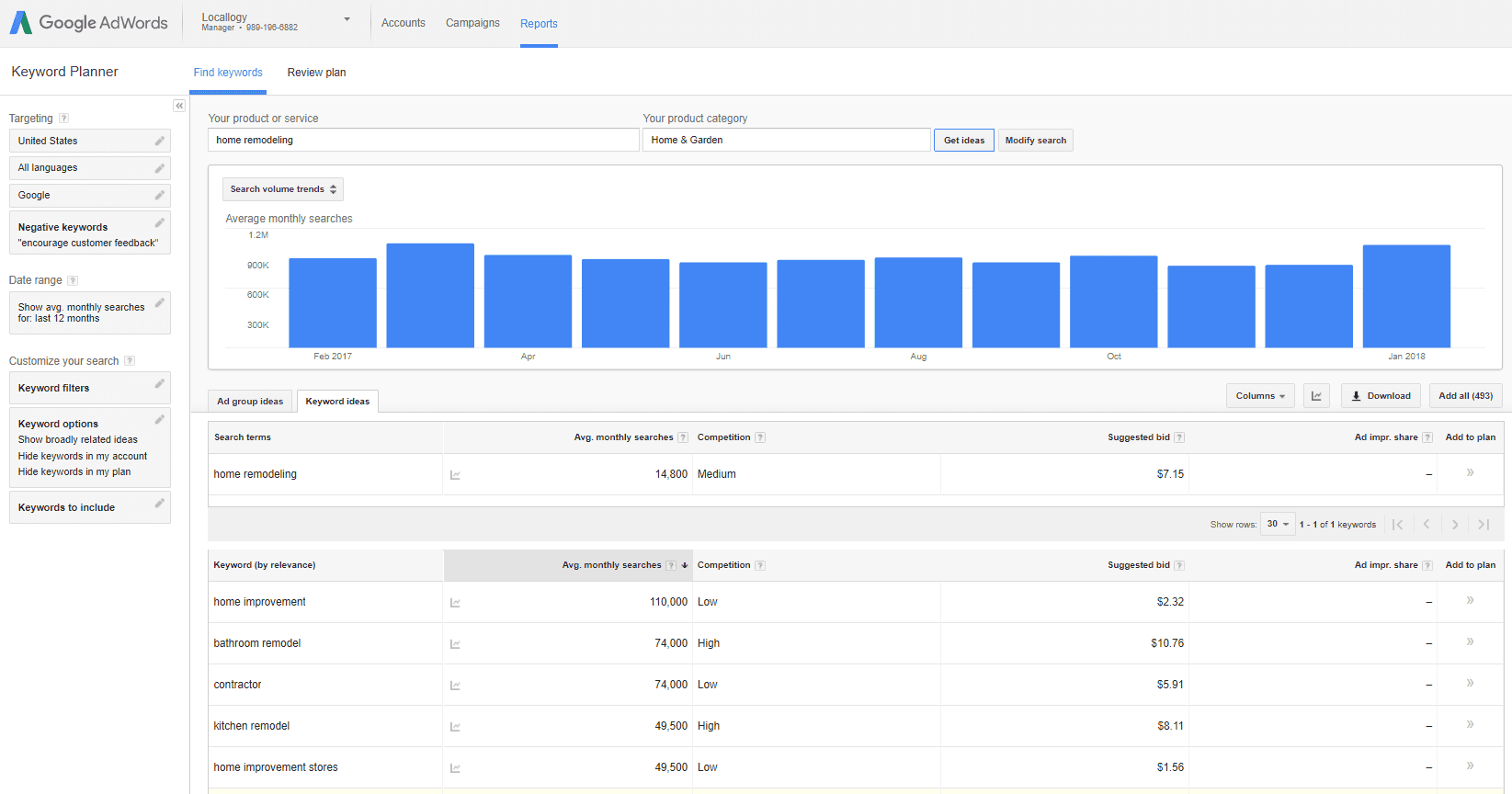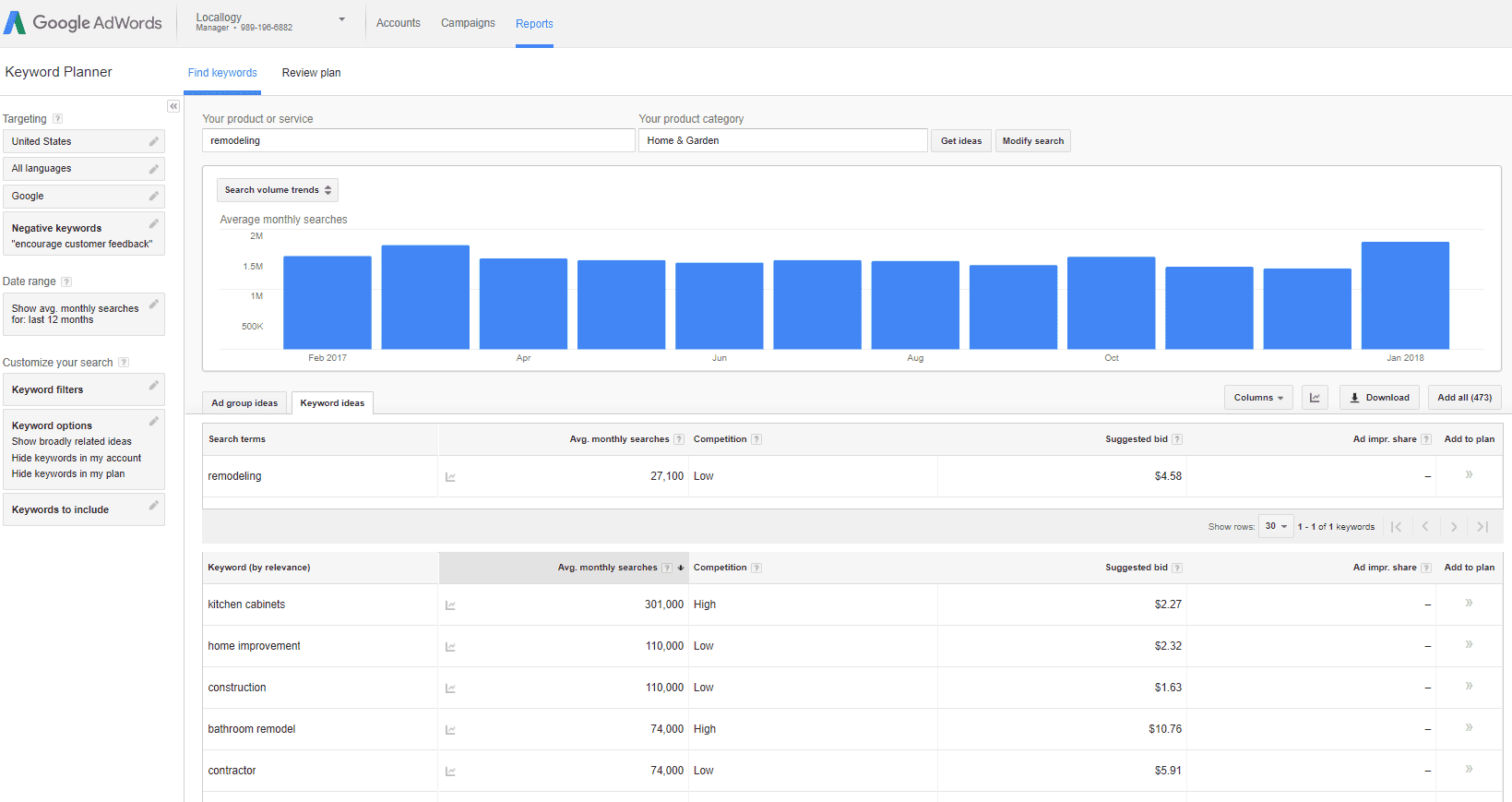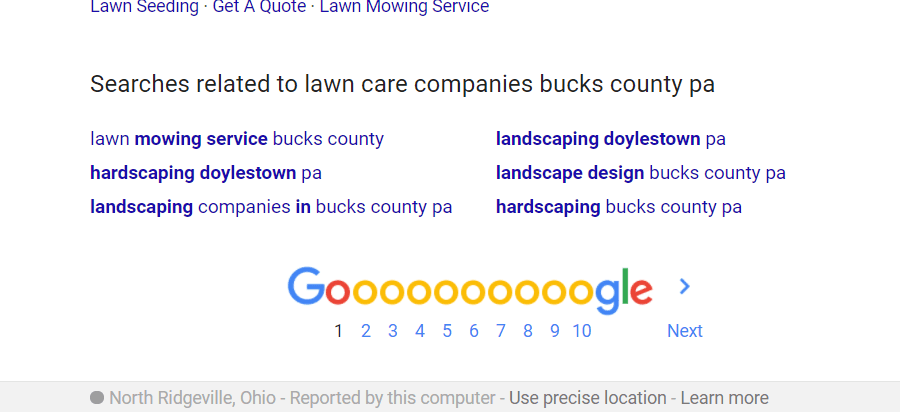How do I Know which Keywords are Right for SEO on My Website?
Figuring out what keywords your target market is using to search
One of the first things prospective clients tell us is what keywords they want to be ranking for in search results. Oftentimes, they’ll start by saying, “I want to show up for term A, term B and term C.” Sometimes, those keywords end up being the best and most-searched-for terms.
The problem is, however, that more often than not, the keywords our clients want to rank for are not as popular as they think.
This is a common mistake in the world of digital marketing, and one we encounter quite often. Some clients have no idea what keywords they should be using on their sites, while others ask us why they aren’t ranking for the keywords they mistakenly believe are the best.
So, what’s the disconnect?
Many business owners have a hard time thinking through the mind of a searcher who knows little to nothing about their industry, and therefore will use a different language to perform a search.
Figuring out the right keywords to use on your site is the first step to successful search engine optimization (SEO). And with the right tools and knowledge, you can figure out what keywords your target audience is using to find you in searches.
Here’s what you can do.
Use Google Keyword Planner
Google Keyword Planneris the best and most accurate tool out there for keyword planning. It’s the program we use to figure out what keywords we’ll be using on a new website, even when the client tells us what keywords they want to rank for (we always double check).
Within Keyword Planner, you can enter various keywords you want to use and the system tells you average monthly searches, similar keywords and how they compare. There are even filters and other ways to narrow down these results to find the most commonly used keywords and phrases for the specific industry.
The only issue is that Google Keyword Planner isn’t free. It’s part of Google’s paid advertising platform, Google Adwords, which we use for our PPC services. If you have an Adwords account, great! This tool will be extremely useful in helping you discover the best keywords. But if you don’t have access to Keyword Planner, don’t worry; we have other options for you.
Do Your Research
The first step we recommend is to look a little deeper into your target audience. As a business owner, you probably already have a good understanding of who you want to target through your content and ads. But have you ever stopped to think about how your target audience plays into keywords?
To do this, you have to do a little bit more
research into your audience. What kind of language do they speak? What are common questions they ask? When your clients come to you, pay attention to the questions they’re asking and what they refer to your products and services as, even if it’s not the official name. This will give you a much better idea of what language you should use on your website and in ads.
For example, the target audience for a cleaning service may be middle-aged parents living in the suburbs. Just by talking to some of their clients, the cleaning company should be able to tell that their audience is much more likely to refer to said services as “house cleaning” or “cleaning service” than “residential maid service” or “housekeeping services.” This gives the company an idea of what terms to use in headlines, content and ads.
Try Related Searches
One quick and easy way you can find new keyword ideas is by looking at Google’s suggestions on related searches. You might already know about this, but it’s worth mentioning because it’s one of the easiest ways to see what else people are searching for.
Let’s take a landscaping company, for example. They come to us saying they want to rank for the keywords “lawn care service” in their respective location. If they do a search, they’ll probably see some local results. But if they scroll to the bottom of the page, they’ll see related searches Google has guessed might be what they’re really looking for.
The problem is that this company wants to rank for “lawn care service” because that’s what they do. However, they don’t realize that more people are searching for terms like “lawn mowing service” and “landscaping company.” And when they don’t know the keywords people are actually
using, it makes it harder for them to show up in appropriate searches, in turn making it harder for potential clients to find your services via a search.
A quick scroll to the bottom of your search will give you a few ideas for similar searches that might be better suited to getting you the results you want.
Look at Other Websites
It sounds simple—because it is—but look at your competitors’ websites that are actually showing up in search results you want to rank for. What keywords are they using? There’s obviously a reason they’re showing up for certain services and getting more clicks. We’re not suggesting you copy their content or website, but it’s worth taking a look at other companies to see what they’re doing differently and how you can learn from them.
Explore Other (Free) Keyword Planning Tools
We mentioned that Google Keyword Planner is the best of the best when it comes to figuring out your ideal keywords—and we’re sticking to that bold statement. But if you don’t have access to Keyword Planner, there are other keyword planning tools out there that are both helpful and free. Here are a few we recommend:
Show Up and Show Out
If you want to show up in relevant search results, you have to start with relevant keywords. And the best way to find your top-performing keywords is to do a little research and utilize tools that will help you discover new terms and phrases you might not have thought of. Do all of this—or hire a digital marketing agency to do it for you—and you just might find yourself showing up in better search results.
Get the Latest Content in Your Inbox
Want to be the first to know about new content? Sign up to get our weekly blog posts sent to your email!











